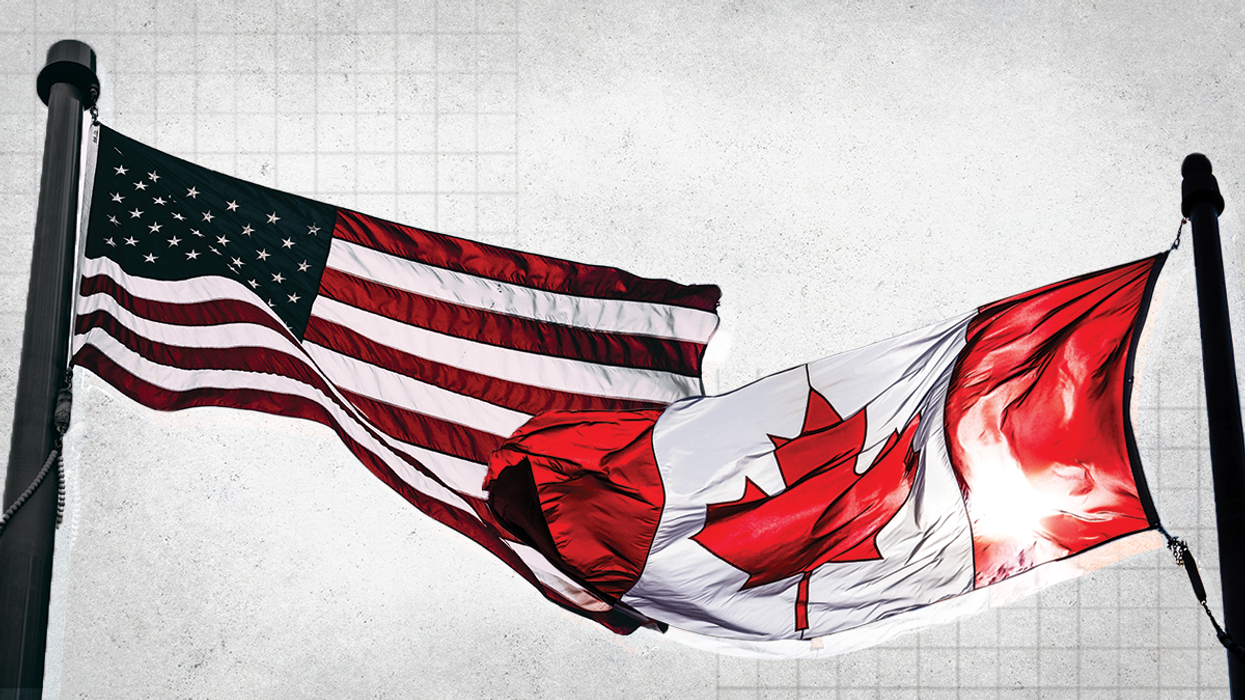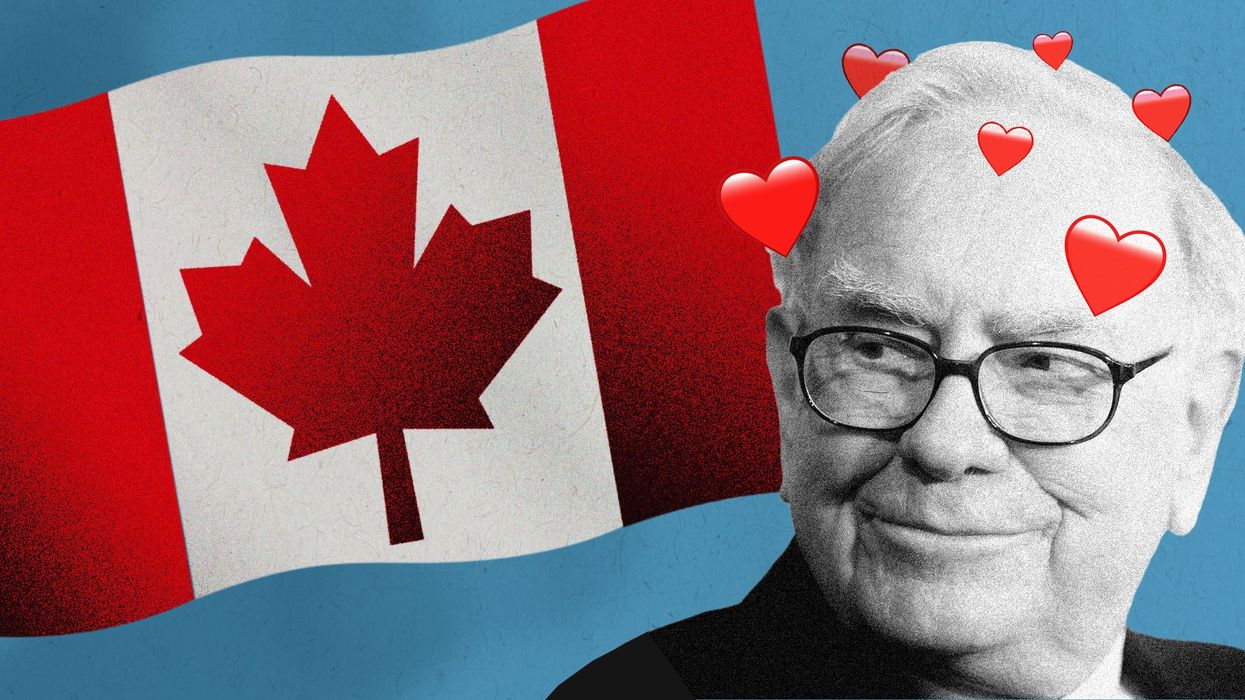GZERO North
United States North? Surely, you’re joking
Donald Trump was just joking when he told Prime Minister Justin Trudeau that if Canada’s economy can’t function in the face of US tariffs, it should just become the 51st state. At least that’s what Canadian politicians on the government side are rushing to clarify.
Dec 05, 2024



